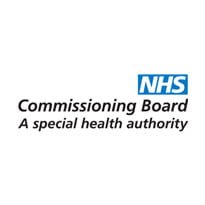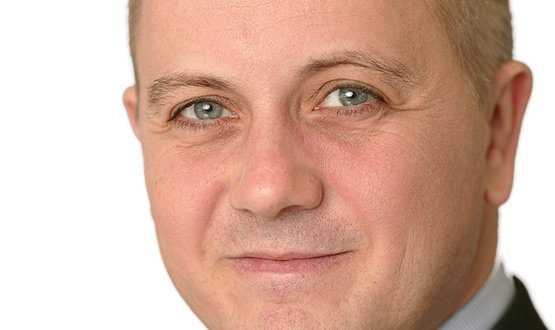NHS to be ‘paperless’ by 2015 – Kelsey
- 10 October 2012

The NHS should be paperless by the end of 2015, the NHS Commissioning Board national director of patients and information says.
Tim Kelsey told the audience at the Healthcare Efficiency Through Technology Expo on Tuesday that the first government mandate issued to the NHS CB would contain a commitment to a “paperless NHS”.
“I’m pushing for the end of 2015 to eradicate paper from the NHS. No more referral letters or lost records because we won’t have paper anymore in the health service,” he said.
When asked whether he thought 2015 was a realistic time frame, he said the focus in the first phase will be on re-procuring Choose and Book as many hospitals are still using paper referrals.
“We will see what the mandate says in terms of the requirements to deliver against, but with hard work and commitment we can get somewhere very meaningful by 2015,” he responded.
Kelsey also talked about the launch, next April, of a new multi-channel platform that will bring together NHS Choices, NHS 111 and NHS Direct and will allow patients to order repeat prescriptions and book appointments online.
He described his role at the commissioning board as an opportunity to “finally unleash the real power of information technology for the benefit of patient care”.
“From next April we will deliver much greater routine extractions of data from primary care,” Kelsey said.
Work being done by the NHS Information Centre will see greater availability of linked primary care and secondary care data to allow patients to be tracked through the health system, he added.
NHS IC executive medical director Dr Mark Davies also spoke at the event and said the centre’s role is to turn a “tsunami of data” into a “tsunami of actionable business intelligence.”
Just last month, the centre released new practice-level prescribing data in a much greater level of detail.
Dr Davies said health and social care data has been “locked behind closed doors” for too long.
“Where we have data that’s able to be put in the public domain and not undermine patient confidentiality, we will do,” he said.
Information intermediaries can access the IC’s indicator portal to turn data into “actionable intelligence” or create useful apps.
“The answer to greater participation from individual citizens is by opening up the data and allowing this kind of analysis and allowing this kind of mature dialogue and debate,” Dr Davies explained.
“If we are looking for integrated services, we need integrated – linked – data.”



